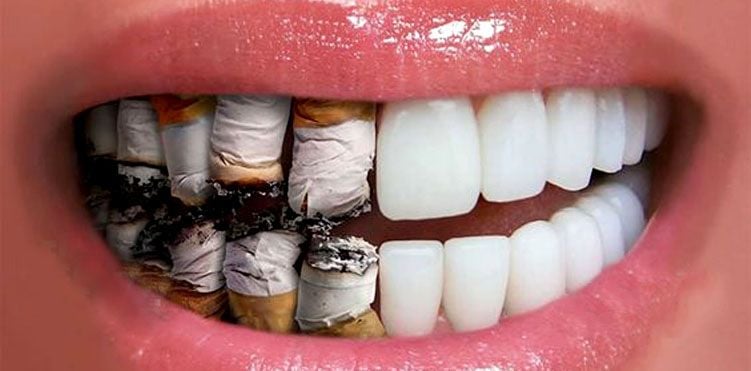Smoking has a significant impact on dental health. It increases the risk of gum disease, tooth loss, and oral cancer. The chemicals in tobacco products can cause inflammation and damage the gums, leading to gum disease and bone loss.
Smoking also reduces blood flow to the gums, slowing healing and making treatment less effective. Additionally, tobacco products can stain teeth, cause bad breath, and contribute to the development of oral cancer. Quitting smoking can improve dental health and reduce the risk of these severe conditions. Northbrook dental professionals can provide support and resources for individuals who want to quit smoking.
Exploring the impact of smoking on dental health:
- Risk of gum disease and oral cancer
Smoking is a significant risk factor for gum disease and oral cancer. The chemicals in tobacco products can cause inflammation and damage the gums, leading to gum disease and tooth loss. Smoking also increases the risk of oral cancer, which can be life-threatening.
Smokers are six times more likely than non-smokers to develop oral cancer. The risk increases with the cigarette smoked per day. Quitting smoking is the best way to reduce the risk of these serious dental problems and improve overall health.
- Inflammation and bone loss
Smoking can lead to inflammation and bone loss in the mouth. The chemicals in tobacco products can cause damage to the tissues that support teeth, leading to gum disease and bone loss. Inflammation caused by smoking can make it harder for the body to fight infections and heal after dental procedures. The reduced blood flow to the gums and bone can also slow healing and make treatment less effective.
- Blood flow
Smoking has a significant impact on dental health, including blood flow. Smoking damages the blood vessels, reducing blood flow and oxygen delivery to the gums and teeth. It can cause inflammation, infection, and even tooth loss.
Additionally, smoking compromises the immune system’s ability to fight infections and heal wounds, making it harder for the gums to heal after dental procedures. Quitting smoking can improve blood flow and decrease the risk of dental problems, such as gum disease and tooth decay.
- Affects the success rate of dental treatments
Smoking can have a significant impact on the success rate of dental treatments. Smoking compromises the immune system’s ability to fight infections and heal wounds, making it harder for the gums to heal after dental procedures.
It can increase the risk of implant failure, periodontal disease progression, and compromised oral health. Additionally, smoking can stain teeth and make them more susceptible to decay. Quitting smoking can improve the success rate of dental treatments and overall oral health, leading to better outcomes and fewer complications.

